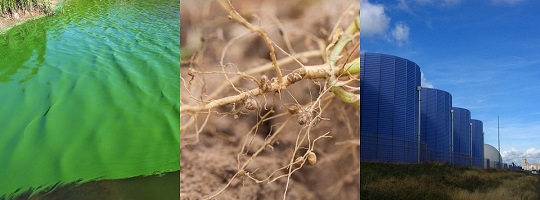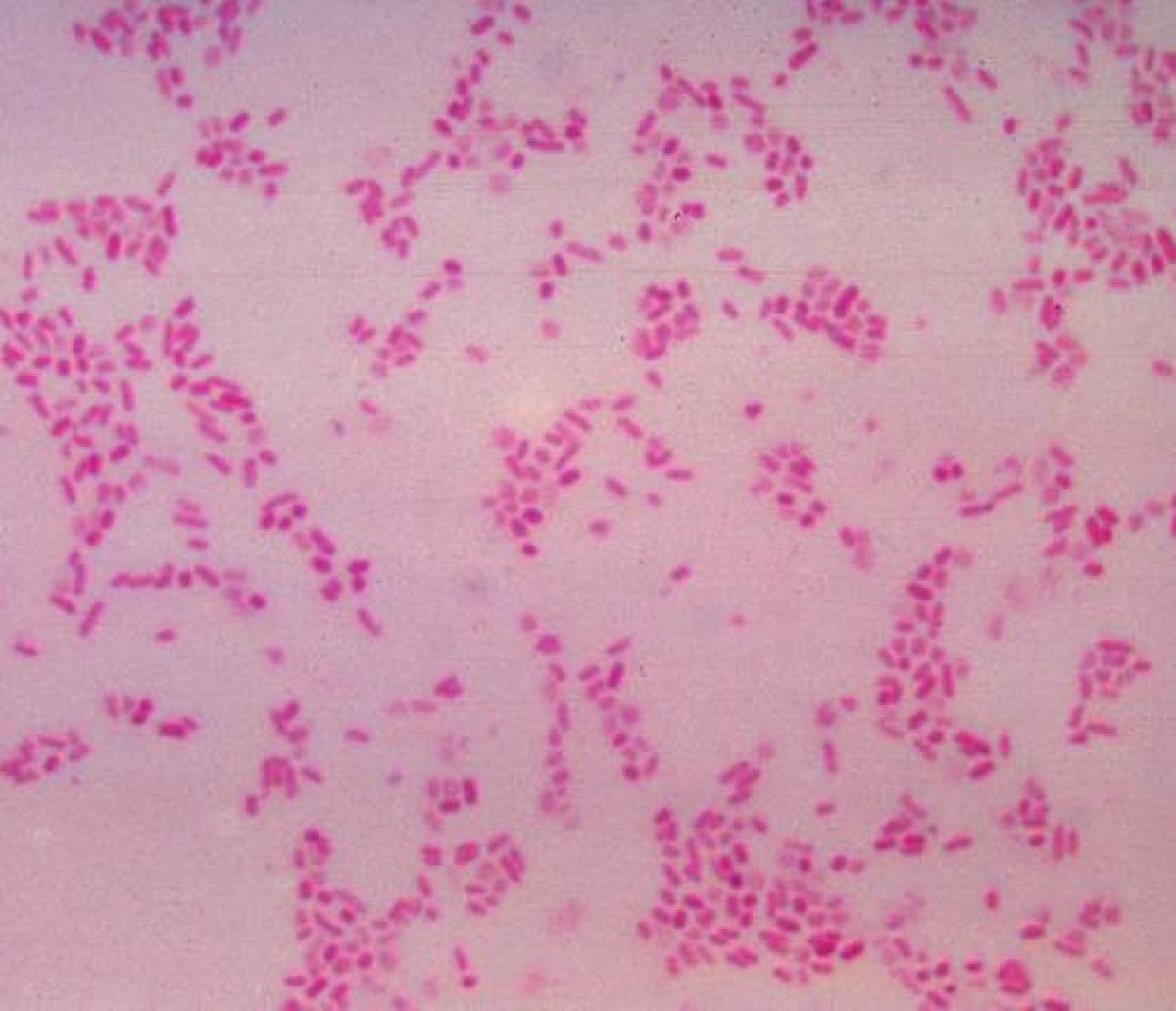Beneficial Bacteria
Bacteria are the most abundant form of life on the planet. They are found in most every environment, from Antarctic ice, to boiling hydrothermal vents, to inside your stomach. Most of these do not hurt us. Actually, many of these organisms are very important to our survival.
Bacteria help many animals to digest food, they help trees grow, and they are important in the recycling of nutrients in the environment. They are also used in biotechnology applications to produce everything from food to energy to clean water.

Images via Wikimedia Commons. Bacteroides image by PD-USGOV-HHS-CDC.
Read more about: Puzzling Pathogens
Bibliographic details:
- Article: Beneficial Bacteria
- Author(s): Dr. Biology
- Publisher: Arizona State University School of Life Sciences Ask A Biologist
- Site name: ASU - Ask A Biologist
- Date published: 24 Jul, 2014
- Date accessed:
- Link: https://askabiologist.asu.edu/beneficial-bacteria
APA Style
Dr. Biology. (Thu, 07/24/2014 - 14:17). Beneficial Bacteria. ASU - Ask A Biologist. Retrieved from https://askabiologist.asu.edu/beneficial-bacteria
Chicago Manual of Style
Dr. Biology. "Beneficial Bacteria". ASU - Ask A Biologist. 24 Jul 2014. https://askabiologist.asu.edu/beneficial-bacteria
Dr. Biology. "Beneficial Bacteria". ASU - Ask A Biologist. 24 Jul 2014. ASU - Ask A Biologist, Web. https://askabiologist.asu.edu/beneficial-bacteria
MLA 2017 Style

Many bacteria like this Bacteroides species live in the human gut and aid in digestion of food.
This activity has a companion experiment Let the Germs Begin.
Be Part of
Ask A Biologist
By volunteering, or simply sending us feedback on the site. Scientists, teachers, writers, illustrators, and translators are all important to the program. If you are interested in helping with the website we have a Volunteers page to get the process started.

